Turkey Tail
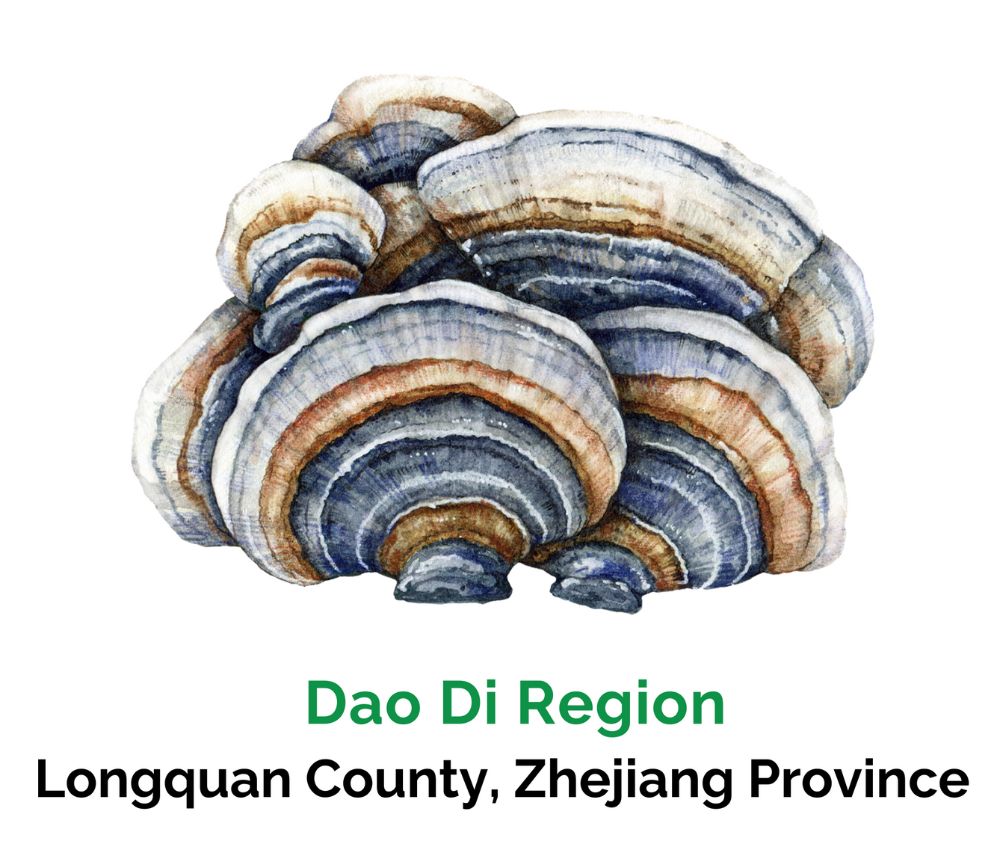
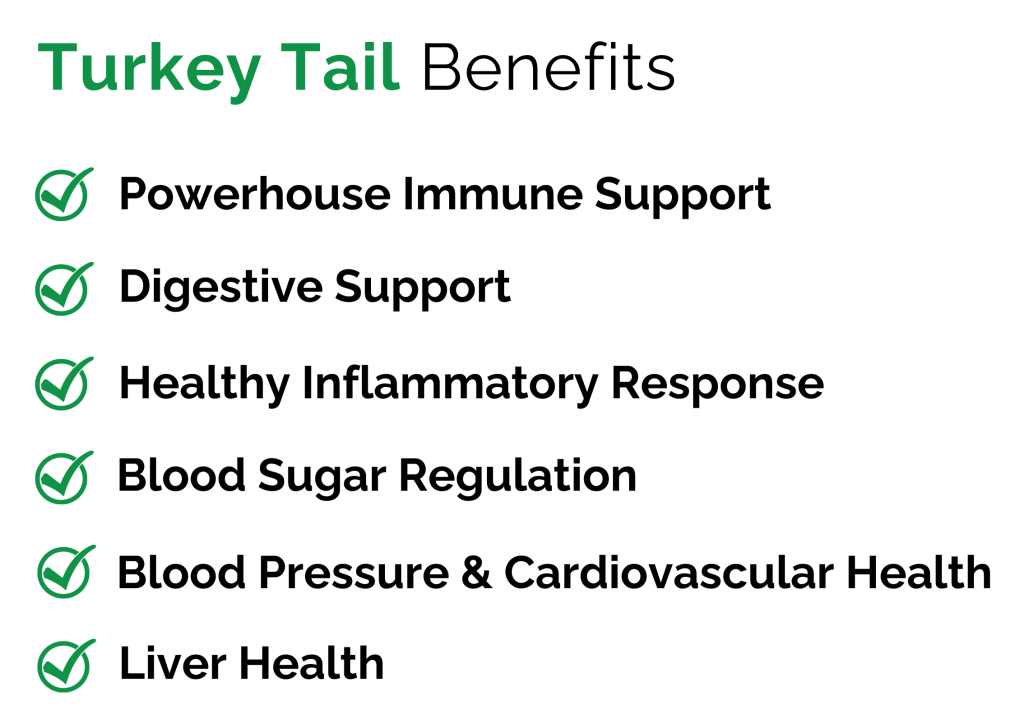
The Turkey Tail mushroom, a common woodland fungus, stands out as one of the most extensively studied medicinal mushrooms known to science. Echoing its historical use, which dates back to 3,000 BC, its prominence in research is largely attributed to its protein-bound polysaccharides’ role as the source of two major pharmaceutical drugs: PSK (Krestin) in Japan and PSP in China. PSK and PSP are substances that belong to a category of biological response modifiers (BRMs) that serve as non-specific immunosupportive agents. Advanced in their ability to harmonize the immune system’s function, both PSK and PSP are licensed for use in cancer treatment. They’re also the foundational component in 13 types of products in China (1).
Approved for clinical use by the Japanese Ministry of Health in the late 1970s and China’s FDA in 1987, PSK and PSP collectively boast sales reaching several hundred million U.S. dollars a year. Time-honored uses of Turkey Tail encompass detoxification, energy enhancement, fluid balance, and support for vital immune-related organs like the liver, lungs, and spleen (2). Apart from their immune boosting beta-d-glucans, Turkey Tail is prized for its diverse array of terpenoids, flavonoids, and 38 different phenolic compounds such as quercetin and baicalein. Both of these are extensively researched and renowned in their own right for their health benefits.
Additionally, Turkey Tail mushrooms contain ergosterol, which can be converted into vitamin D2 when exposed to UV radiation. Trametenolic acid in Turkey Tail is associated with mitigating the development of malignant cells and promoting a healthy inflammatory response. Phenolic molecules like flavonoids and phenolic acids contribute their robust antioxidant properties to bolster cellular health, protect DNA from damage, and maintain a balanced inflammatory response. In essence, Turkey Tail mushrooms, with their multifaceted bioactive compounds, serve as potent allies in promoting overall health and immune vitality.
Turkey Tail Benefits | Learn More
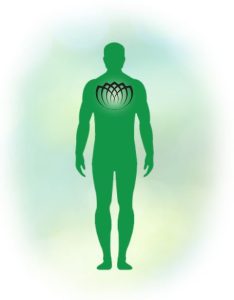
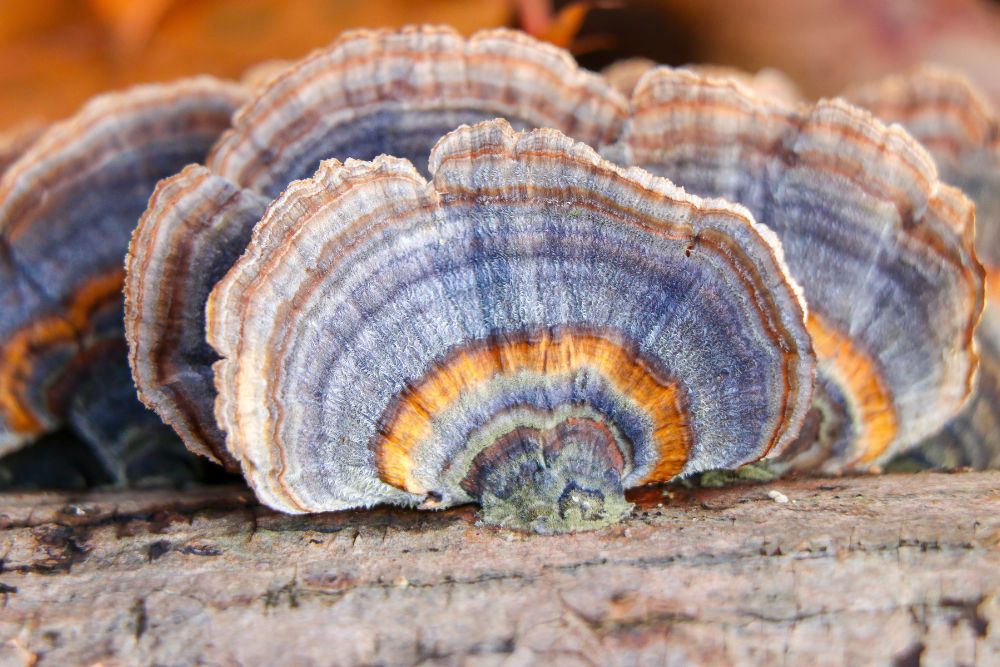
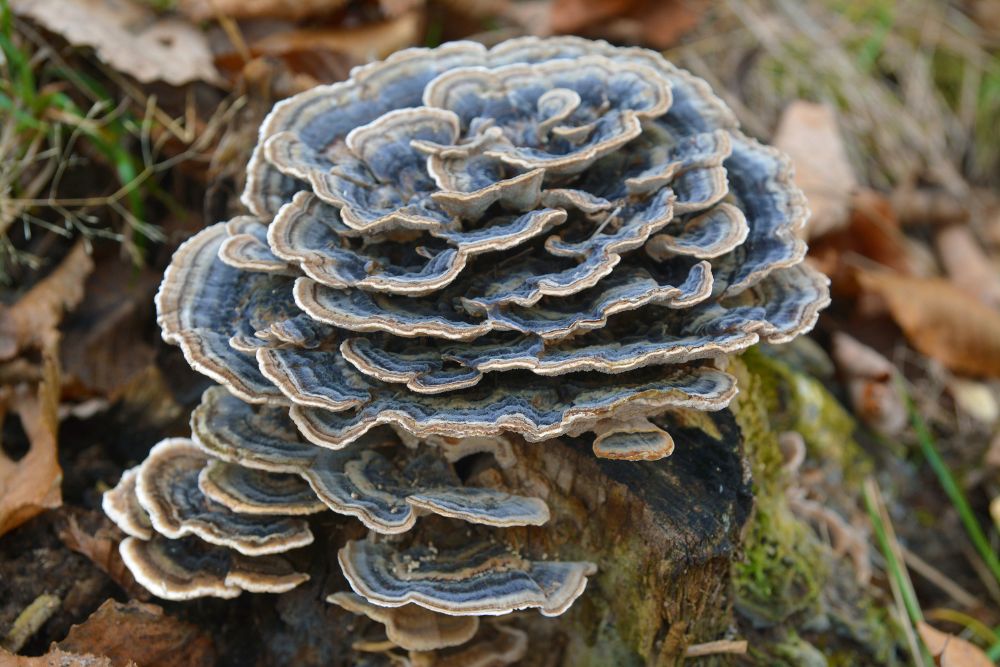
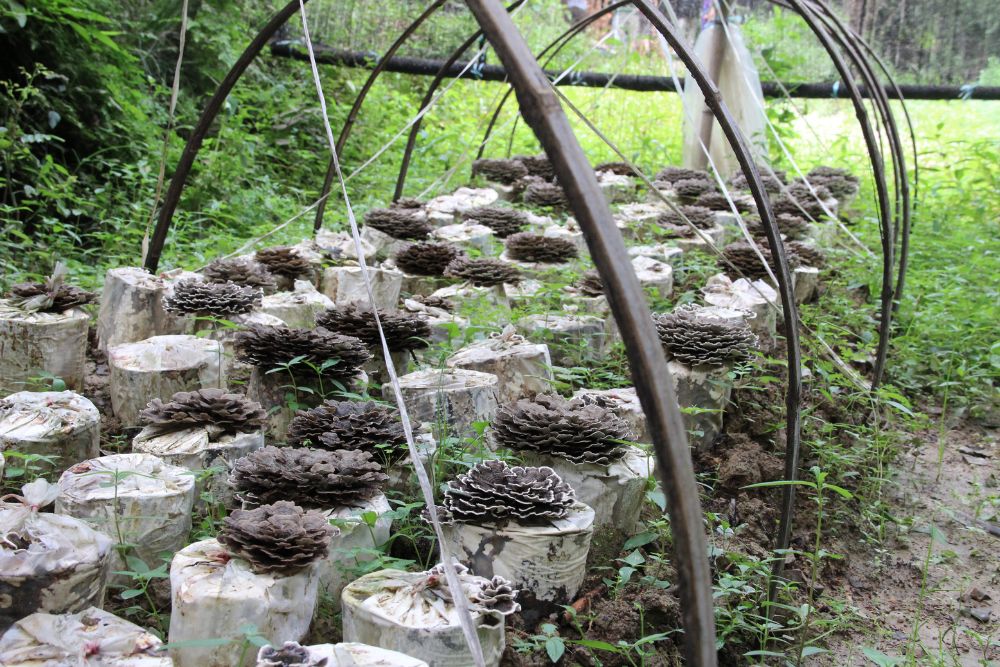
Powerhouse Immune Support
Turkey Tail enhances immune function through various mechanisms, including the stimulation of cytokine production and the activation of natural killer cells. Notably, protein-bound polysaccharides (PBP) within Turkey Tail have garnered decades of extensive research. This has supported their immune-enhancing effects, particularly effects on key immune cell types like T-cells.
Turkey Tail mushrooms have the remarkable ability to enhance both the innate and adaptive branches of the immune system. The innate response, often referred to as the non-specific immune response, is an inherent defense mechanism with components encompassing chemical, physical, and cellular defenses. This innate immunity is present from birth and provides a generalized shield against various threats. In contrast, adaptive immunity is acquired and highly specific, which allows for the targeted expansion of specialized white blood cells (like T and B lymphocytes).
Scientific findings illustrate Turkey Tail’s safety profile allows for long-term use alongside appropriate medical treatments for individuals with weakened immunity, (3) and point to its potential to augment a third facet of the immune system known as a trained innate immunity. This is an emerging and intriguing concept within the field of immunology (4). Collectively, these investigations strongly advocate that Turkey Tail supplementation offers a safe means to enhance the immune response.
Digestive Health
Turkey Tail mushrooms have an abundance of the polysaccharide known as PSK, which is recognized for its potential to support the health of the stomach and intestines. These mushrooms are commonly prepared as a tea to enhance the digestive process (5). Additionally, Turkey Til contains Ergothioneine, a compound thought to possess antioxidant and anti-inflammatory properties. Moreover, Turkey Tail mushrooms serve as valuable sources of Selenium, vitamin C, and fiber. Research suggests that these mushrooms may shield the gut from inflammation, enhance gut motility, and contribute to overall gut health. This is all in part due to their wealth of antioxidants and polyphenols.
Recent insights emphasize the critical role gut health plays in our global health, influencing everything from digestion to cognitive function. Beta-glucans present in Turkey Tail consist of bonds that resist the breakdown by digestive enzymes, which can potentially serve as a vital source of prebiotics that nourish the gut microbiome (6,7).
When it comes to the health of our guts, those who control real estate are king. In a randomized clinical trial, subjects receiving PSP exhibited positive alterations in the composition of their microbiome (8). Moreover, studies have shown that polysaccharide peptide (PSP) can elevate beneficial Bifidobacterium and Lactobacillus species (friendly bacteria) while reducing potentially harmful ones. PSP also tends to lower the pH of the fecal microbiota, suggesting yet another potential mechanism for protection against unwanted invaders (9).
Healthy Inflammatory Response
Healthy Blood Sugar Regulation
Blood Pressure | Cardiovascular Health
Emerging scientific research has revealed a range of favorable impacts that Turkey Tail mushrooms can have on human health, including the potential to regulate blood pressure and cholesterol levels. Within these fungi lies a wealth of compounds, notably polysaccharides, which are known for their ability to modulate blood pressure. They achieve this by inhibiting the production of angiotensin II, a hormone responsible for narrowing blood vessels. Additionally, Turkey Tail mushrooms house beta-glucans, which are believed to contribute to the reduction of cholesterol levels by binding to LDL cholesterol and hindering its absorption into the bloodstream.
While these findings present compelling evidence of the potential benefits of Turkey Tail mushrooms by addressing hypertension and high cholesterol (15), further research is imperative to validate these effects in human subjects. Nevertheless, Turkey Tail mushrooms exhibit promise as a potentially safe and effective natural approach to enhance cardiovascular health.
Liver Health
Turkey Tail’s potent antioxidant properties hold promise in supporting liver health. In the body, certain chemicals and their toxic byproducts can pose a risk to the liver (16). In research involving animal and liver health, scientists induced liver damage through chemicals that produce harmful-free radicals. Outcomes indicate that Turkey Tails’ PSP may offer protection to the liver by regulating the immune response to the free radical exposure. The regulation includes the elevation of powerhouse antioxidants such as glutathione, glutathione peroxidase, and superoxide dismutase (SOD) (17).
Furthermore, researchers have pinpointed a specific polysaccharide peptide called PSP-1b1 within Turkey Tail that exhibited protective effects in the liver in mice (18). Additional findings demonstrate that mice consuming PSP displayed reduced levels of liver enzymes, signifying enhanced liver health (19). Nevertheless, further research is needed to establish whether PSP could generate similar effects in humans.

